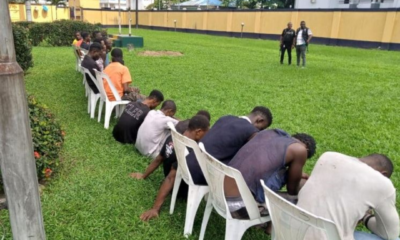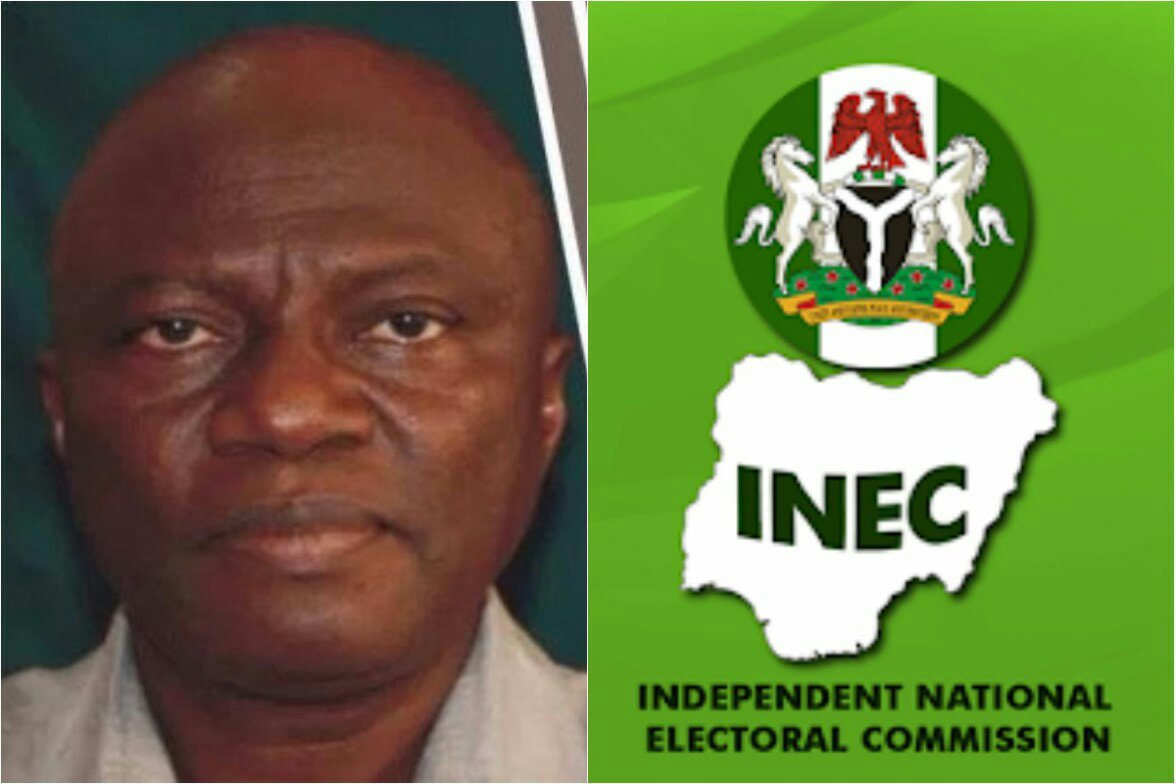Entertainment
I was almost killed for rejecting underage voters – INEC officer reveals
Prof. Lai Olurode, says he almost lost his life for refusing to allow underage voters to vote some years ago
An Ex-National Commissioner of the Independent National Electoral Commission INEC, Prof. Lai Olurode, in light of the recent underage registration says many tried to murder him when he refused such many years ago.
Wih this being said, Olurode, called on the FG to ensure the safety of all registration officers, who are mostly members of the National Youth Service Corps.
Olurode was the INEC National Commissioner for the South-West from 2010 to 2015.
He made this known during an interview with Punch on Sunday while reacting to allegations of underage voting in the recently concluded local government election in Kano State.
Olurode added;
The former INEC boss called on the Federal Government to harmonize the several databases in the country as this would reduce underage voting.
He also called for the training of security agents;
Source: PunchNg
apply.unicaf.org
Online Accredited Degrees
A life changing Opportunity. Apply and get
“If the people can be enlightened, underage voting will reduce. There are certain areas of this country where even if they know the person is a kid, they will insist that the child must vote.
“I had to run for my life at one of the election centres in a part of the country because these people said children must vote or there would be no election at all. It is that bad. The APC government has a responsibility to deliver an election that will be better than the 2015 election.
“The Kano State example is a bad signal and a warning that we really have a lot to do and the voter register is key. The register must be clean, it must not have ghost names or underage voters.”
“In the course of my service to the nation during the Jega’s era, it was happening in many parts of the country but there are specific geographic locations where it is very common which means the problem can be tackled if responded to promptly by all the stakeholders.
“When you see community leaders coming to meet you with a prepared list of children to be registered and you refuse, you come under threat.
“In some parts of the country, when you refuse to register a child, they go away but in some other parts, the people are the ones who will demand that the child is registered.”
Follow us on social media:-

 Lifestyle2 days ago
Lifestyle2 days agoMan walks into hospital, removes oxygen from female patient to heal her through prayer; she passes away (Video)
-

 Celebrity Gossip & Gist2 days ago
Celebrity Gossip & Gist2 days ago“I was Nigeria’s sweetheart until I got divorced, everybody was like, you’re a woman and you’re supposed to build the house” – Tiwa Savage
-

 Love & Relationship2 days ago
Love & Relationship2 days agoWoman praises partner for loving her despite cheating and getting pregnant by someone else
-

 Crime2 days ago
Crime2 days agoEFCC arrests 792 foreigners over romance, investment scam in Lagos









